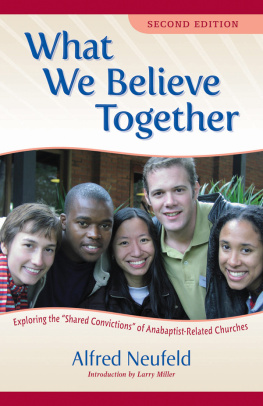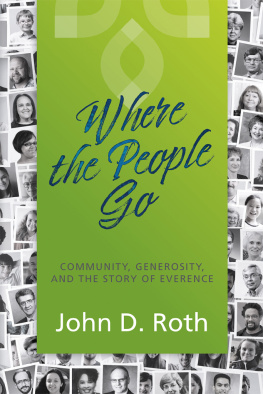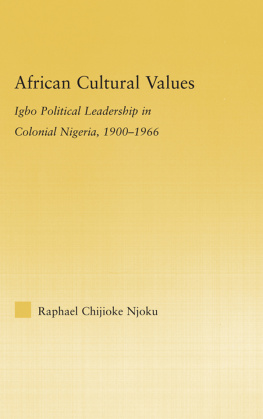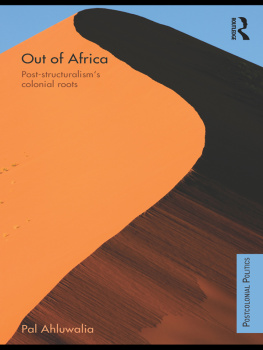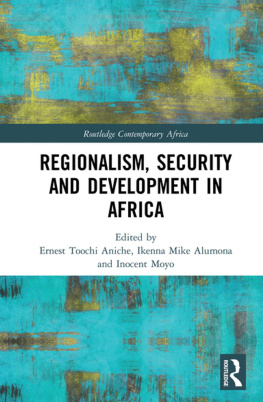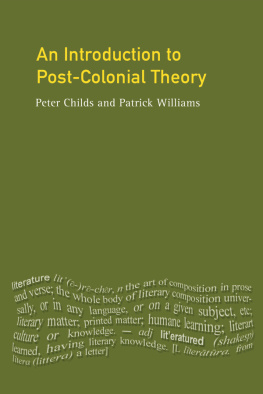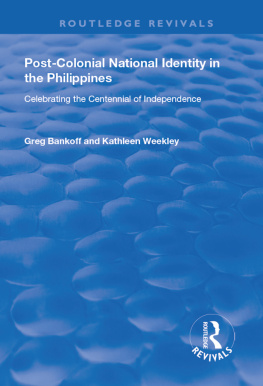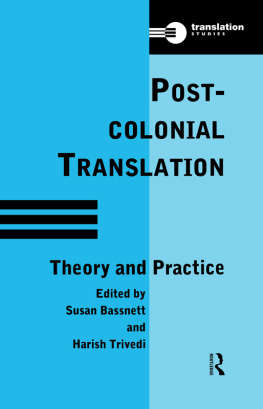Mennonites and Post-Colonial African Studies
This book examines the evolution of post-colonial African Studies through the eyes of Africanists from the Anabaptist (Mennonite and Church of the Brethren) community.
The book chronicles the lives of twenty-two academics and practitioners whose work spans from the immediate post-colonial period in the 1960s to the present day, a period in which decolonization and development have dominated scholarly and practitioner debate. Reflecting the values and perspectives they shared with the Mennonite Central Committee and other church-sponsored organizations, the authors consider their own personal journeys and professional careers, the power of the prevailing scholarly paradigms they encountered, and the realities of post-colonial Africa. Coming initially from Anabaptist service programs, the authors ultimately made wider contributions to comparative religion, church leadership, literature, music, political science, history, anthropology, economics and banking, health and healing, public health, extension education, and community development.
The personal histories and reflections of the authors provide an important glimpse into the intellectual and cultural perspectives that shaped the work of Africanist scholars and practitioners in the post-colonial period. The book reminds us that the work of every Africanist is shaped by their own life stories.
John M. Janzen is a Professor Emeritus in the Department of Anthropology at the University of Kansas, USA.
Harold F. Miller served as a fraternal ecumenical service worker in Tanzania, Sudan, and Kenya, and is now retired in Virginia, USA.
John C. Yoder is a Professor Emeritus of History and Political Science at Whitworth University, USA.
Routledge African Studies
36 Culture and Development in Africa and the Diaspora
Ahamad Sheuh Abdussalam, Ibigbolade Aderibigbe, Sola Timothy Babatunde and Olutola Akindipe
37 African Language Media
Development, Economics and Management
Edited by Abiodun Salawu
38 Blackness in Israel
Rethinking Racial Boundaries
Edited by Uri Dorchin and Gabriella Djerrahian
39 African Scholars and Intellectuals in North American Academies
Reflections on Exile and Migration
Edited by Sabella Ogbobode Abidde
40 The Health Professions in Contemporary Nigeria
Evolutions and Emerging Paradigms
Joseph A. Balogun
41 African Transnational Mobility in China
Africans on the Move
Roberto Castillo
42 Mennonites and Post-Colonial African Studies
Edited by John M. Janzen, Harold F. Miller and John C. Yoder
For a full list of available titles please visit: https://www.routledge.com/African-Studies/book-series/AFRSTUD
First published in English 2021
by Routledge
2 Park Square, Milton Park, Abingdon, Oxon OX14 4RN
and by Routledge
52 Vanderbilt Avenue, New York, NY 10017
Routledge is an imprint of the Taylor & Francis Group, an informa business
2021 selection and editorial matter, John M. Janzen, Harold F. Miller, and John C. Yoder; individual chapters, the contributors
The right of John M. Janzen, Harold F. Miller, and John C. Yoder to be identified as the authors of the editorial material, and of the authors for their individual chapters, has been asserted in accordance with sections 77 and 78 of the Copyright, Designs and Patents Act 1988.
All rights reserved. No part of this book may be reprinted or reproduced or utilised in any form or by any electronic, mechanical, or other means, now known or hereafter invented, including photocopying and recording, or in any information storage or retrieval system, without permission in writing from the publishers.
Trademark notice: Product or corporate names may be trademarks or registered trademarks, and are used only for identification and explanation without intent to infringe.
British Library Cataloguing-in-Publication Data
A catalogue record for this book is available from the British Library
Library of Congress Cataloging-in-Publication Data
A catalogue record for this book is available from the British Library
ISBN: 978-0-367-47432-4 (hbk)
ISBN: 978-1-003-05828-1 (ebk)
Typeset in Bembo
by codeMantra
To Mennonite Central Committee and the individuals and communities that supported its work
To the African individuals and communities that taught each person in this book
John M. Janzen, Harold F. Miller, and John C. Yoder
Overview
The dominant paradigm in post-colonial African studies has been the contention that decolonization and development must be the continents highest priorities. While the pursuit of these two goals now seems axiomatic, prior to World War II most Westerners regarded colonialism as a moral and practical good and development as the integration of Africa as a subordinate partner into the world capitalist system. This book explores the evolution of notions about decolonization and development by focusing on the careers of a particular group of post-colonial Africanists. All these individuals, both North American and African, were closely associated with the Anabaptist faith community whose most recognizable members are Mennonites, Amish, and Brethren. Most of these individuals were initially participants in programs of the Mennonite Central Committee (MCC), a relief, service, and development agency with approximately 1,000 workers worldwide.
In the form of essays by or about individual Africanists, this book describes their initial experiences in Africa, how they entered the field of African studies, and the highlights of their professional careers. Unlike much scholarly writing about theory and method in African studies, these accounts are both personal and analytical. The goal is to illustrate the dynamic interplay of the influence of the writers parochial backgrounds and particular experiences, the power of the prevailing scholarly paradigms they encountered, and the unbending realities of post-colonial Africa. This interplay set them on the path toward roles in public health, history, anthropology, comparative religion and theology, political science, literature, music, economics, community development, education, and institution building. Although this volume is an account of a distinct cohort of scholars and practitioners, it serves as a reminder that the work of every Africanist has been shaped by the particularity of their own life story and by the dominant paradigmatic lens constructed, conserved, and often enforced by the larger community of authoritative experts.
Paradigms in post-colonial African studies
The concept of paradigm, first applied by Thomas Kuhn (1962) to scientific research, refers to the prevailing idea about the nature of reality and the terms by which problems are defined and solutions formulated. Kuhn noted that paradigms, even those of the hard sciences, are products of a constructed intellectual consensus. Kuhn also observed that defenders of the consensus stubbornly cling to it even in the face of contrary evidence. If the paradigms of hard science are shaped by consensus and are resistant to revision, how much more is that true of the support for notions about decolonization and development, constructs of the social sciences, humanities, and even the arts. Building on that premise, this book gives special attention to how paradigms related to decolonization and development were adopted, reevaluated, reformulated, and reapplied by scholars and practitioners whose focus has been post-colonial Africa.



